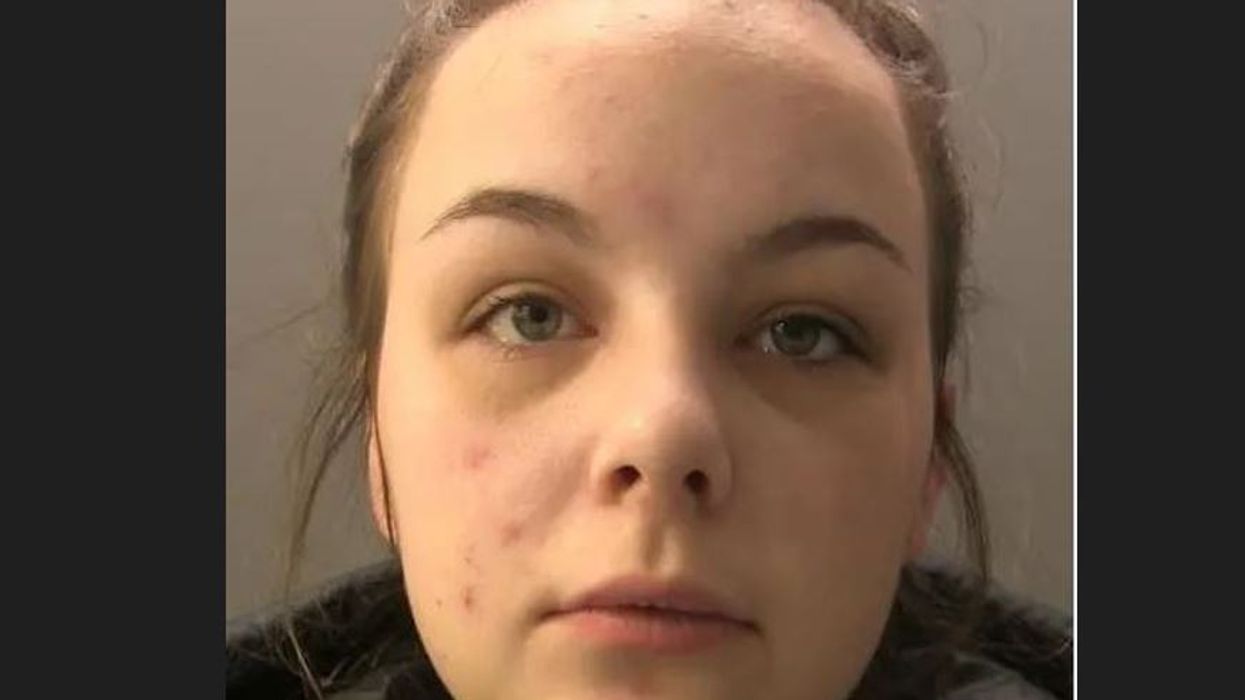THE elaborate web of lies fabricated by serial fantasist Eleanor Williams, about being groomed by an Asian gang, were revealed in 50 hours of police videos obtained by the BBC.
The footage captures the evolution of Williams' deceit over a three-year period, with one video showcasing her feigning drugged behaviour and self-inflicted facial wounds.
Williams gained notoriety in May 2020 when she posted images on social media, claiming she had been beaten and raped by a gang of Asian men.
However, within an hour of the post, the then-19-year-old was arrested, leading to a surge in hate crimes in her hometown.
Williams was subsequently found guilty of perverting the course of justice and sentenced to eight-and-a-half years in prison.
Now, the BBC Three documentary, Liar: The Fake Grooming Scandal, exposed the scale of Williams' deception, revealing the evolution of her lies and the impact on the community. Detectives note her detailed descriptions of locations and her efforts to involve unsuspecting individuals in her false narrative.
In 2017, Williams, at 16, accused her first male victim of rape, wearing a brightly coloured T-shirt during the police interview. Over the next three years, she lodged a series of false sexual allegations against multiple individuals, culminating in claims of being forced into sex by an Asian grooming gang.
Despite the lack of emotional display during investigations and contradictory mobile phone records, Williams persisted in her deception. She went missing at one point, only to reappear with fresh injuries, alleging further attacks.
However, thorough enquiries found no evidence to corroborate her account. The evidence instead pointed to her injuries being self-inflicted.
Officers located the address Williams reported the attack to have occurred. It was found to have been empty for two years and neighbours said they had never known of anyone of Asian origin either living at the address or coming or going from it.
Comprehensive CCTV checks were made, including of the Barrow town centre area. No sightings were found showing Williams or the silver Audi she told officers had been used to take her to the address.
A search was completed of the field where the first witness had seen Williams. With the help of a police dog, a bloodied black-handled, metal claw hammer was found.
Detectives worked to trace where the hammer had come from and found it was for sale at Tesco in Hindpool Road in Barrow. Detectives visited the store and found that the last purchase of such a hammer had been made on 11 May by debit card. CCTV footage was checked and clearly showed Williams purchasing the hammer herself. The card used for the purchase was the same card, in Williams’ name, found in her rucksack.
Later, Williams was interviewed again and initially gave the same account she had first made to officers. However, when officers put the inconsistencies in her account to her, Williams gave “no comment” responses to all questions asked. During the interview there was a total of 74 direct challenges to her account but all received a “no comment” response.
Other allegations of rape and sexual assault were also found to be baseless.
According to the BBC report, her three male victims tried to take their own lives following Williams' accusations.
Detective chief inspector Graham-Cumming expressed concern for Williams' well-being, acknowledging the difficulty in understanding her motives. The court received psychiatric evidence, yet the judge noted the absence of a clear explanation for Williams' offenses.
Meanwhile, Cumbria police emphasised the uniqueness of this case and assure genuine victims that they will be supported. Detectives are certain that without intervention, Williams' lies would have escalated further, posing a risk to the credibility of real victims of sex crimes.














